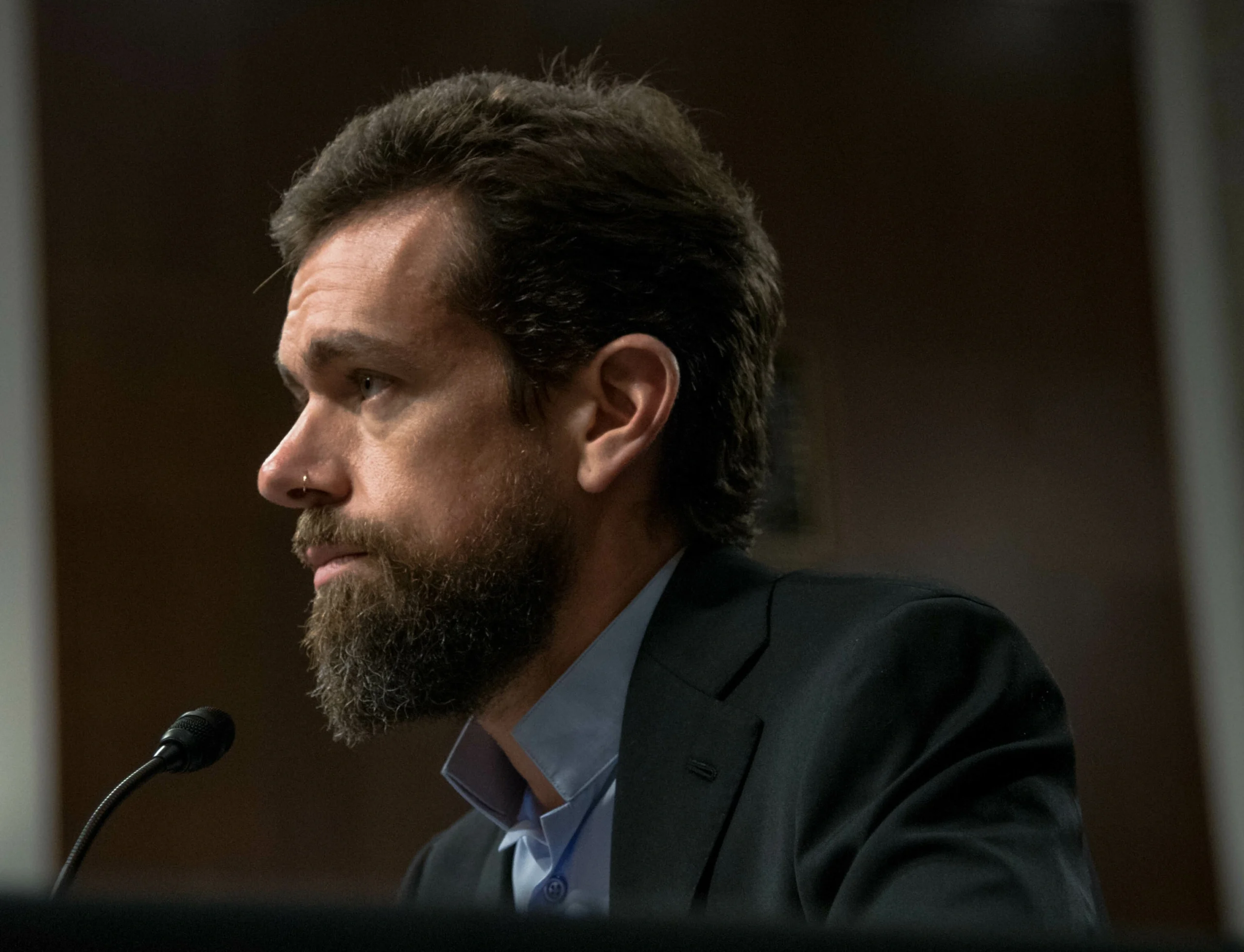The evolving role of the CISO: From tech expert to business partner

John E. Kaye
- Published
- Cybersecurity, Technology

Rethinking cybersecurity leadership in a shifting threat landscape
By Paul Watts, CISO Leadership and Strategy Advisory and Distinguished Analyst, Information Security Forum

Last year, 343 million people were victims of data breaches, costing business $4.88 million on average; the costliest cybercrime is business email compromise, accounting for $3 billion in losses. And yet, only six percent of CEOs view cybersecurity as a top priority. The fact is, there’s always been a misalignment between the business and security leadership over cybersecurity resilience.
On the surface, the poor perception of cybersecurity business value seems like a communication issue. Most CISOs struggle to speak the language of business while non-technical leadership struggles to grasp technical jargon. Looking at the problem more closely, the issue may be more deeply rooted in the structure of traditional cybersecurity teams and security leadership roles.
Hub-and-Spoke Centralised Operation Model No Longer Fit For Purpose
Most cybersecurity teams began as transactional, service-oriented functions, taking orders from IT teams or the business. But as these functions evolve and become more independent (particularly in large organisations), they take on a more centralised role wherein it is assumed that their job is to enact risk management and have oversight across every single business aspect and process. Whilst CISOs believe they are helping to protect the business the perception or image can in fact be the opposite — 43% of boards see CISOs as being too repetitive, nagging, or overly negative.
The truth is that everyday security, compliance, and oversight activities can be so overwhelming and burdensome for CISOs that they end up spreading themselves too thin losing sight of business priorities and direction. Eventually the relationship between security and business teams suffers, and perceived value reduces.
The CISO Moniker Is Also Being Abused
There has always been misconceptions and confusions around what CISOs actually do and what is expected of them. For example, there’s a 35% rise in CISO roles being filled without organisations fully understanding what their roles entail.
Some CISOs don a flashy title but oversee only a small aspect of security functions; some CISOs have limited influence and are not included in strategic decisions; some CISOs are simply hired to meet compliance or regulatory mandates, such as the SEC Cyber Disclosure requirement. This abuse of the CISO moniker along with its confused remit does little to promote net worth in a disengaged business and boardroom.
Decentralising Cybersecurity with a BISO
A majority of recently surveyed CISOs (84%) believe that the CISO role should be split into two functions – business and technical. However, the reality is that modern CISOs need to spend an increasing proportion of their time working with business leadership, developing valuable security strategies that align to business objectives whilst ensuring the business stays abreast of risks, threats, regulations and compliance.
An emergent new role – the Business Information Security Officer (BISO) role – is helping CISOs to achieve this, focusing on forging closer bonds with regional and business teams, designing the right security value proposition that supports strategic or departmental objectives.
The BISO also serves as the arms and legs of a CISO, driving the execution of security strategies across the business and feeding the CISO with much-needed business insights and inputs. These inputs enable CISOs to better align security strategy with the business strategy and break down communication barriers between business and cybersecurity teams.
The decision to onboard a BISO eventually comes down to the scale of a security team and the organisation’s geographical distribution. CISOs of smaller businesses can consider breeding “security champions” in the first instance — aligning cybersecurity closer to the business itself, which may start to deliver the progressive changes required to organisational security culture. That said, it’s not just the responsibility of the CISO to understand the business better; it’s equally important for business leaders to take deeper interest in the cybersecurity strategy. Having transparency about the CISO’s role is crucial to ensure CISOs are set up for success and can effectively manage risks and drive security resilience across the organisation.
Further information
www.securityforum.org/meet-the-experts/paul-watts
RECENT ARTICLES
-
 AI now trusted to plan holidays more than work, shopping or health advice, survey finds
AI now trusted to plan holidays more than work, shopping or health advice, survey finds -
 Could AI finally mean fewer potholes? Swedish firm expands road-scanning technology across three continents
Could AI finally mean fewer potholes? Swedish firm expands road-scanning technology across three continents -
 Government consults on social media ban for under-16s and potential overnight curfews
Government consults on social media ban for under-16s and potential overnight curfews -
 Twitter co-founder Jack Dorsey cuts nearly half of Block staff, says AI is changing how the company operates
Twitter co-founder Jack Dorsey cuts nearly half of Block staff, says AI is changing how the company operates -
 AI-driven phishing surges 204% as firms face a malicious email every 19 seconds
AI-driven phishing surges 204% as firms face a malicious email every 19 seconds -
 Deepfake celebrity ads drive new wave of investment scams
Deepfake celebrity ads drive new wave of investment scams -
 Europe eyes Australia-style social media crackdown for children
Europe eyes Australia-style social media crackdown for children -
 Europe opens NanoIC pilot line to design the computer chips of the 2030s
Europe opens NanoIC pilot line to design the computer chips of the 2030s -
 Building the materials of tomorrow one atom at a time: fiction or reality?
Building the materials of tomorrow one atom at a time: fiction or reality? -
 Universe ‘should be thicker than this’, say scientists after biggest sky survey ever
Universe ‘should be thicker than this’, say scientists after biggest sky survey ever -
 Lasers finally unlock mystery of Charles Darwin’s specimen jars
Lasers finally unlock mystery of Charles Darwin’s specimen jars -
 Women, science and the price of integrity
Women, science and the price of integrity -
 Meet the AI-powered robot that can sort, load and run your laundry on its own
Meet the AI-powered robot that can sort, load and run your laundry on its own -
 UK organisations still falling short on GDPR compliance, benchmark report finds
UK organisations still falling short on GDPR compliance, benchmark report finds -
 A practical playbook for securing mission-critical information
A practical playbook for securing mission-critical information -
 Cracking open the black box: why AI-powered cybersecurity still needs human eyes
Cracking open the black box: why AI-powered cybersecurity still needs human eyes -
 Tech addiction: the hidden cybersecurity threat
Tech addiction: the hidden cybersecurity threat -
 Parliament invites cyber experts to give evidence on new UK cyber security bill
Parliament invites cyber experts to give evidence on new UK cyber security bill -
 ISF warns geopolitics will be the defining cybersecurity risk of 2026
ISF warns geopolitics will be the defining cybersecurity risk of 2026 -
 AI boom triggers new wave of data-centre investment across Europe
AI boom triggers new wave of data-centre investment across Europe -
 Make boards legally liable for cyber attacks, security chief warns
Make boards legally liable for cyber attacks, security chief warns -
 AI innovation linked to a shrinking share of income for European workers
AI innovation linked to a shrinking share of income for European workers -
 Europe emphasises AI governance as North America moves faster towards autonomy, Digitate research shows
Europe emphasises AI governance as North America moves faster towards autonomy, Digitate research shows -
 Surgeons just changed medicine forever using hotel internet connection
Surgeons just changed medicine forever using hotel internet connection -
 Curium’s expansion into transformative therapy offers fresh hope against cancer
Curium’s expansion into transformative therapy offers fresh hope against cancer



























